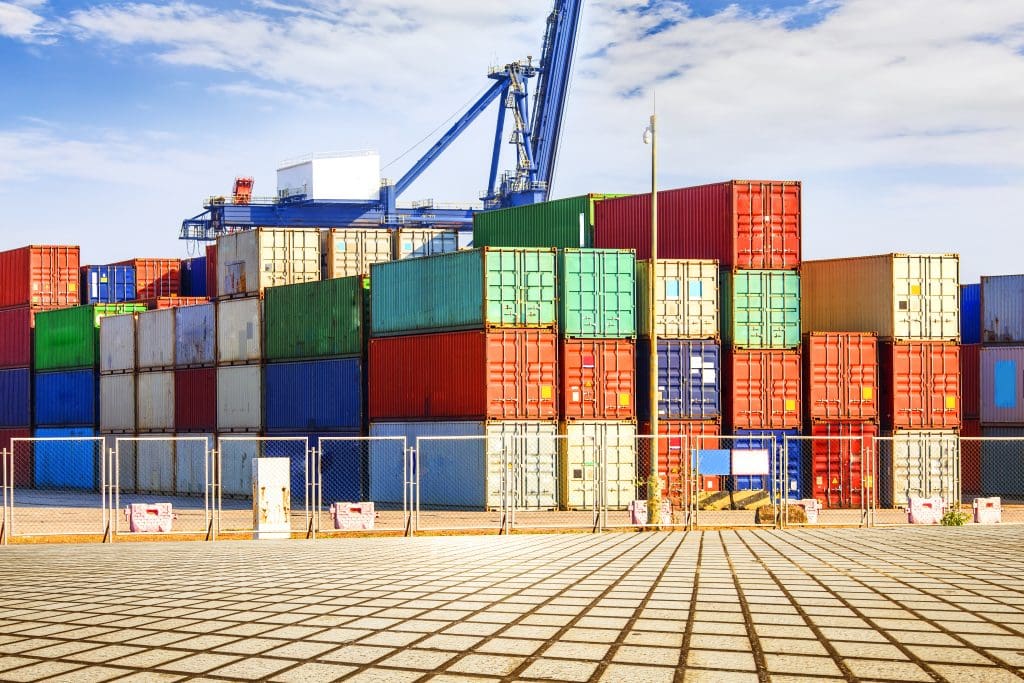Influence on logistics carrier prices can come from a variety of factors, including market demand, fuel costs, capacity availability, competition, and government regulations. Influence logistics carrier play a critical role in ensuring the efficient and smooth functioning of the global supply chain, enabling businesses to meet the demands of their customers effectively.
There are several factors that can influence logistics carrier prices, including:
Distance: The distance between the origin and destination of the shipment is one of the most significant factors affecting logistics carrier prices. Carriers consider fuel costs, vehicle wear and tear, and driver compensation when determining prices.
Weight and Size: The weight and size of the shipment also play a critical role in determining logistics carrier prices. Carriers must consider the space the shipment will occupy in the vehicle and the labor involved in loading and unloading the shipment.
Mode of Transportation: The mode of transportation, such as air, sea, or ground, can impact logistics carrier prices. Air freight tends to be more expensive than sea or ground transportation due to the speed and convenience it offers.
Service Level: Different service levels are available from logistics carriers, ranging from basic delivery to white-glove service. The service level you choose will impact the price of shipping.
Timeframe: The timeframe in which the shipment needs to be delivered can also impact logistics carrier prices. Expedited or rush shipping options will cost more than standard delivery times.
Special Requirements: If a shipment has any special requirements, such as temperature-controlled transportation or hazardous materials, logistics carrier prices may increase due to the additional precautions and regulations required.
Market demand: The level of demand for logistics services can affect carrier prices. When demand is high, carriers may raise their prices to capitalize on the increased business. Conversely, when demand is low, carriers may lower their prices to attract more customers.
Fuel costs: The price of fuel is a significant factor in carrier prices, as it affects the operating costs of carriers. Higher fuel prices can lead to higher carrier prices, while lower fuel prices can lead to lower carrier prices.
Capacity availability: When there is limited capacity available in the market, carriers may be able to charge higher prices. This can happen when carriers are operating at or near their maximum capacity, and there are more goods to be transported than there is capacity available.
Customs and regulatory requirements: If the shipment needs to pass through customs or comply with regulatory requirements, it can also affect carrier pricing. Additional paperwork, inspections, or fees may be required, which can increase the overall cost of shipping.
Insurance: The value of the shipment and the level of insurance required can also impact the carrier’s pricing.
Overall, the price of a logistics carrier can be influenced by a variety of factors, and it’s essential to consider all of these factors of Influence Logistics Carrier when determining the most cost-effective carrier for a particular shipment.

